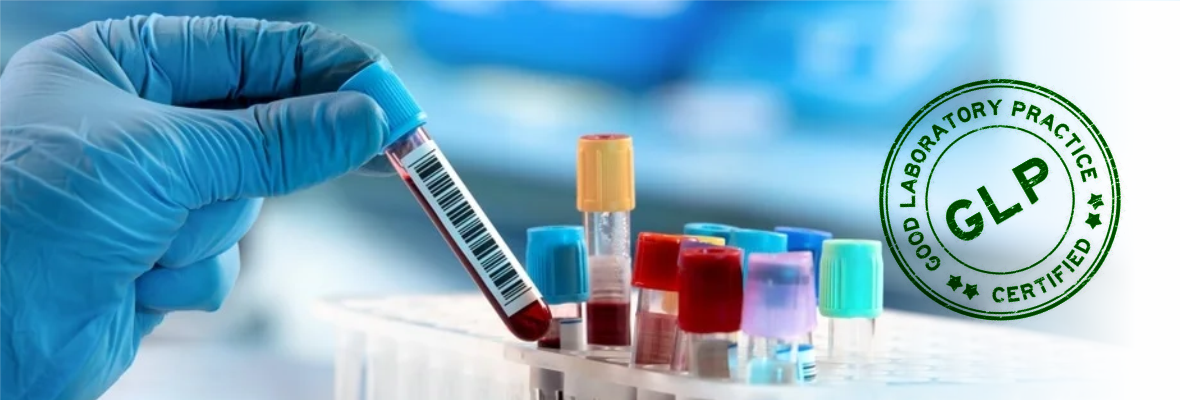Home testing, also known as self-testing or self-diagnosis, refers to performing medical tests at home without the sGood Laboratory Practices (GLP) significantly impacts the in vitro diagnostics (IVD) industry, promoting standardization, quality assurance, and regulatory compliance. GLP rules guide laboratories and manufacturers in adhering to legal obligations laid down by regulatory bodies such as the U.S. Food and Drug Administration (FDA) or the European Medicines Agency (EMA). This adherence fosters consumer confidence in IVD products, assuring they meet safety, efficacy, and quality criteria.
GLP emphasizes quality control throughout product development, from inception to distribution. It helps create consistent, reliable testing procedures, reducing errors or contamination, thus boosting the IVD products and services’ quality. This process improvement often results in enhanced patient outcomes and customer satisfaction.
A key feature of GLP is its insistence on detailed documentation, recording every stage of testing and manufacturing. This level of record-keeping enhances traceability, simplifies the identification and resolution of issues, and allows for effective monitoring and auditing. This contributes to continuous improvement in the laboratory practices.
Data integrity and confidentiality are fundamental aspects of GLP. These principles ensure accurate, reliable data production, well protected against tampering or unauthorized access, a crucial consideration given the sensitivity of IVD test results and patient data. This level of data protection maintains patient privacy and preserves lab and manufacturer reputations.
GLP supports standardization across labs, which improves comparability of results between different establishments. This facilitates collaboration, data sharing, and cross-validation studies, aiding the development of new IVD technologies and benchmarking.
By promoting systematic and thoroughly documented research and development processes, GLP stimulates innovation within the IVD industry. This enables new diagnostic technologies to be developed and evaluated in a controlled, transparent manner.
GLP encourages a proactive risk management approach, helping identify potential issues, assessing risks, and establishing suitable control measures to mitigate them. This proactive stance improves the overall safety and reliability of IVD products.
In essence, GLP’s adoption brings considerable advantages to the IVD industry: regulatory compliance, quality assurance, data protection, inter-laboratory comparability, innovation encouragement, and risk management. Collectively, these factors ensure the provision of safe, reliable diagnostic products and services, benefiting patients, healthcare providers, and the industry at large. Consequently, manufacturers should embrace GLP to uphold high standards, guarantee product safety, and contribute to the IVD industry’s success.


